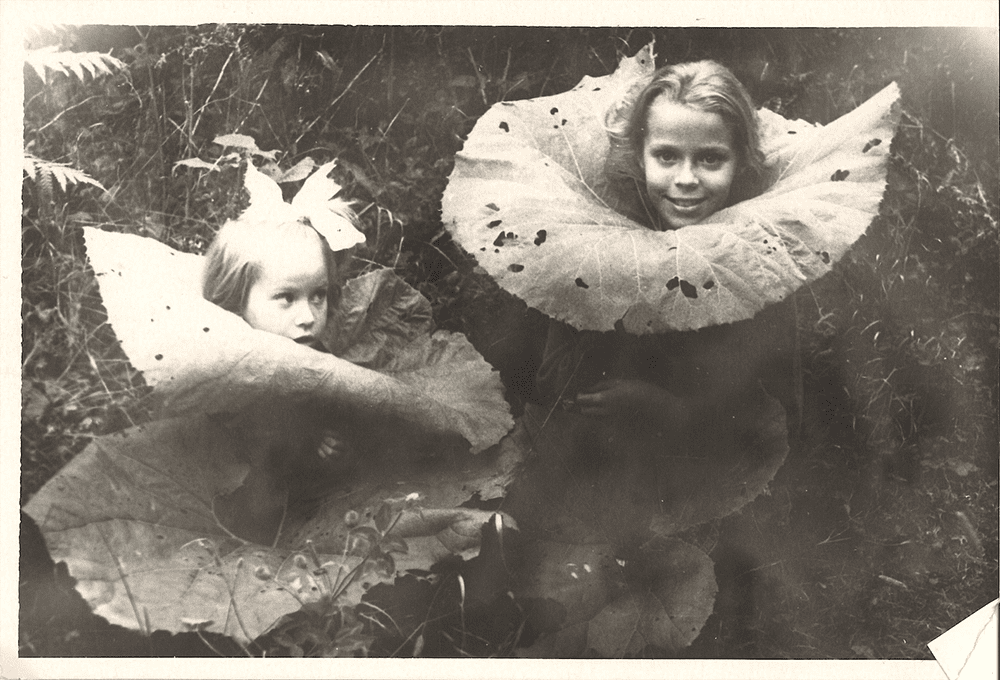

Usya explores the ways in which Russian patriarchal family structure was affected by the Second World War, following social shifts through family stories. For my great-grandmother and her two daughters, family life was colored by the scarcity of men following the devastation at the front – which made those men who survived or avoided fighting a rare and precious resource. I was particularly interested in how this demographic imbalance affected Soviet-Russian expectations for women, and around motherhood.
Over the summer, I collected audio interviews with my great-grandmother, grandmother, and mother, and shot film footage. With the help of the Benenson Award, I was able to shoot both digital footage and on 16mm analog film – a medium I chose for its historical and home-made feel. Perhaps most importantly, the support of the award gave me the time to flesh out the concept behind my project, allowing me to identify and pursue threads that emerged spontaneously in my conversations with my family, and to prune away topics which distracted from essential details of their experiences.
I was, for instance, interested in how the women in my family reflected on having to raise children and support themselves independently, often without consistent (or any) support from husbands. Being able to interview my family members over the course of a month — with the space to step back and reflect on what I may have missed — allowed me to search for the tone with which to return to tricky topics.
The restrictions of the pandemic meant that many of my interviews were limited to phone conversations, and that I was also not able to capture some of the faces and places I would have liked to include in the film. I had to follow more abstract connections between stories and visuals, thinking about textures and landscapes that might connect with the family memories I aim to capture.
Duke Students & Employees save more!